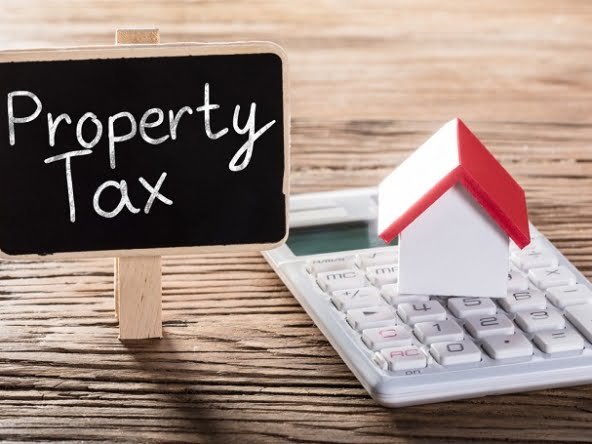Investing in commercial real estate presents a tantalizing opportunity for those looking to diversify their portfolio beyond residential properties. Whether you’re eyeing Commercial Property Near Me or exploring “Commercial Real Estate For Sale,” understanding the advantages and disadvantages can help navigate this complex but potentially rewarding field of investment.
Pros of Investing in Commercial Real Estate:
- Income Potential: Commercial properties often command higher rental income compared to residential units. Businesses are willing to pay premiums for prime locations that offer visibility and accessibility, translating into potentially higher returns for investors.
- Longer Leases: Unlike residential leases that typically run for a year, commercial leases tend to be longer, ranging from five to ten years or more. This stability provides a steady cash flow and reduces the risk of frequent tenant turnover.
- Property Appreciation: Well-located commercial properties have the potential to appreciate significantly over time, especially in areas experiencing economic growth or urban development. This appreciation can result in substantial capital gains for investors.
- Diverse Tenant Base: Commercial real estate can accommodate various tenants such as retail businesses, office spaces, restaurants, and medical facilities. Diversifying the tenant base helps mitigate the risk associated with vacancies and economic downturns affecting specific sectors.
- Tax Benefits: Investors in commercial real estate enjoy several tax advantages, including depreciation deductions, mortgage interest deductions, and property tax deductions. These tax incentives can help reduce taxable income and enhance overall profitability.
- Professional Relationships: Engaging in commercial real estate investing allows investors to build relationships with business owners, real estate professionals, and industry experts. These connections can lead to additional investment opportunities and partnerships down the line.
Cons of Investing in Commercial Real Estate:
- High Initial Investment: Acquiring commercial properties typically requires a substantial upfront investment, which may be a barrier for individual investors or those with limited capital.
- Market Volatility: The commercial real estate market is susceptible to economic fluctuations and local market conditions. Changes in consumer spending habits, interest rates, or economic downturns can impact occupancy rates and rental income.
- Management Demands: Managing commercial properties involves more complexity and oversight compared to residential units. Investors may need to handle maintenance issues, tenant negotiations, and compliance with commercial leasing laws, which can be time-consuming and demanding.
- Vacancy Risks: Finding and retaining tenants for commercial properties can be more challenging than for residential properties. Extended vacancies can lead to significant income loss and require proactive marketing efforts to attract suitable tenants.
- Liquidity Issues: Commercial real estate investments are less liquid compared to stocks or residential properties. Selling a commercial property can take time and may require finding the right buyer willing to pay the desired price.
- Regulatory Compliance: Commercial properties are subject to zoning regulations, building codes, environmental requirements, and other legal considerations that can impact property use and development plans.
Navigating the realm of commercial real estate investment requires careful consideration of these factors. Whether you’re actively searching for Commercial Property Near Me or exploring “Commercial Real Estate For Sale,” conducting thorough research, understanding local market dynamics, and seeking professional advice are essential steps towards making informed investment decisions. By weighing the pros and cons, investors can leverage opportunities and mitigate risks to achieve long-term financial success in the commercial real estate sector.



